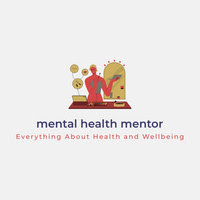Social media platforms like Facebook, Instagram, Twitter, and Tik-Tok have fundamentally transformed communication, connectivity, and self-expression between humans. However, researchers from different part of the world are still unraveling the nuanced effects on mental health, both positive and negative.
On the upside, social media enables community building, identity development, and obtaining social support, especially for marginalized groups. Sharing personal mental health journeys via platforms can reduce stigma and help others feel less alone in this present times.
However, studies reveal some potential risks, particularly for teenagers and young adults:
1.Negative Social Comparison
Seeing carefully curated, filtered versions of peers' lives can catalyze feelings of inadequacy, anxiety, depression. All these can have a negative impact on young adults.
2.Distorted Self-Perception
Exposure to idealized representations warps self-image, fueling body dissatisfaction or disordered eating for some. The way you see your self as a person is very important in your journey of life.
3.Increased Anxiety and Depression
Correlations found between frequent social media use and worsening anxiety/depression, though causality unclear.
4.Sleep Disruption
Blue light exposure suppresses melatonin, disrupting circadian rhythms. Late-night scrolling impedes sleep.
5.Loss of Real Connection
Replacing in-person interaction with scrolling often increases loneliness and disconnection from community.
While social media is here to stay, we can all take steps to optimize our relationship with it. Setting boundaries on usage, diversifying feeds, and fact-checking content promotes mental wellness. Moderation and balance is key to having a balanced mental health.




0 Comments